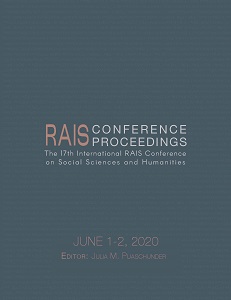The Restrictions of Fundamental Rights during a State of Emergency
The Restrictions of Fundamental Rights during a State of Emergency
Author(s): Robert Şerbănescu
Subject(s): International Law, Human Rights and Humanitarian Law
Published by: Scientia Moralitas Research Institute
Keywords: fundamental rights; state of emergency; the right to private property;
Summary/Abstract: Human rights are one of the fundamental pillars for a democratic society. In order for one to benefit from freedom of thought and action, these elements must be recognized and guaranteed by the state legislation. However, there are certain times when sacrifices must be made in order to overcome a threat. The danger can be represented by either a climate of war, a pandemic or any other phenomenon that can affect one or more countries on a general level. Basic rights can be exemplified by the right to private property, freedom of circulation, freedom of speech and consciousness. The article will provide a general presentation of the state of emergency and the conditions which are required for it to be implemented in Romania. In the same manner, the implications on a legal, social, psychological and moral level will be brought into evidence. For a society to be able to push past any large scale obstacle, there must exist an understating from both the citizens and the institutions. Cooperation, communication and transparency are the main factors by which a community can protect itself and remain united during hardships.
Book: Proceedings of the 17th International RAIS Conference on Social Sciences and Humanities
- Page Range: 190-193
- Page Count: 4
- Publication Year: 2020
- Language: English
- Content File-PDF

